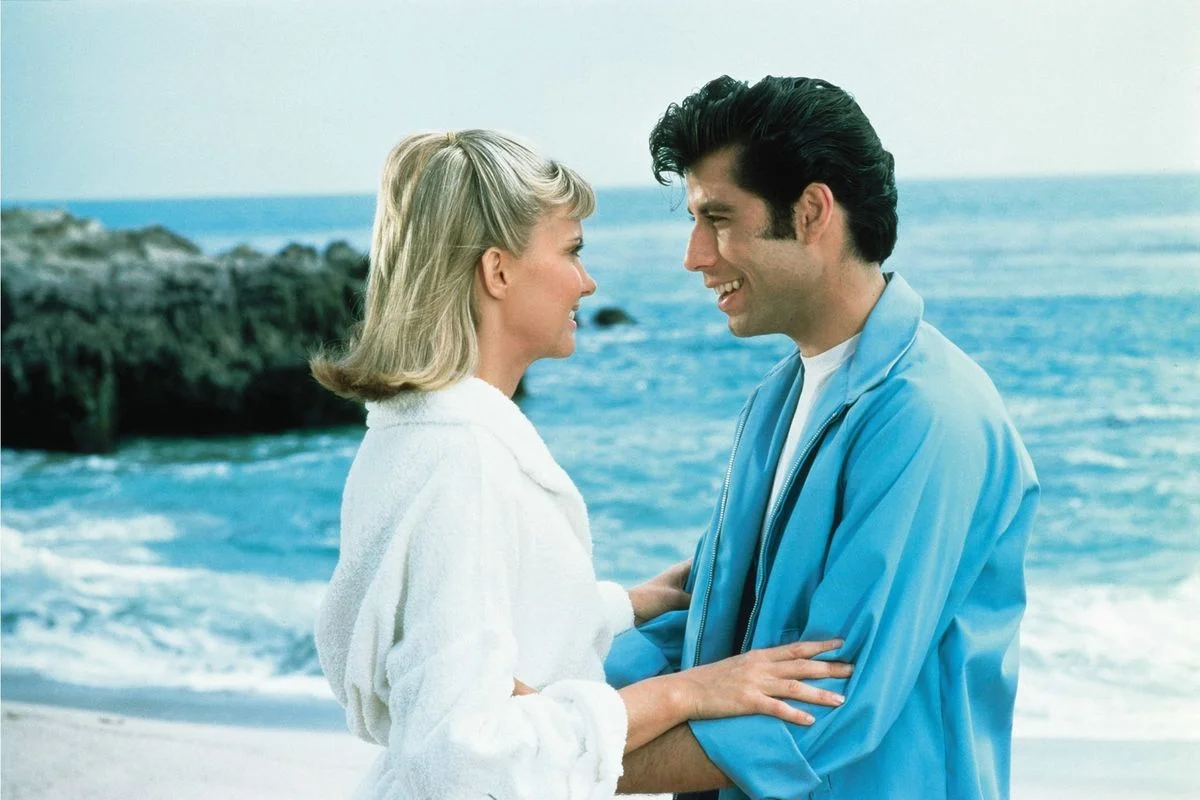The other day I watched a replay of the 1970’s movie Grease on TV with the hit song “Summer Nights”. Much to my kids’ dismay, I couldn’t stop singing the catchy refrain “Summer days driftin’ away” over and over. Although this popular song appears quite fun and innocent, it’s amazing how many of the themes of love, exploration and adolescence are enshrined in it and still current today. Around the globe, summertime means less structure and more freedom for many young people. Being out of school and regular supervision can lead to situations where teens spent hours on screens, have irregular sleep hours, or get dehydrated from significant sun exposure. During the summer, teens are also at increased risk for experimenting with alcohol and drugs, having a motor vehicle accident, drowning or other injury. Here are some quick tips for parents to help kids stay safe:
1. Be a good media coach- For many teens, summer may be the time they have more access to video games, YouTube surfing, or social media. Discuss with them how to handle sexting, cyberbullying, pornography and other hot topics. Be a good media coach and review rules about keeping screens outside of the bedroom. Also remind kids that its really about the quality of what they are consuming. Finally, try to keep a good mix of outdoor and indoor activities so that kids aren’t on their screens all day long.
2. Prevent dehydration- Teens may be out playing sports, working an outdoor job or suntanning at the beach. It makes sense to wear loose fitting and light colored clothes in extreme heat. Also, to use the 20 min rule and ensure if it is very hot or humid that they remember to drink water every 20 mins or so. Many of my teen patients are not aware of the signs of dehydration which include feeling dizzy, lightheaded or having a headache. I recommend that they check the color of their urine. If it is very yellow, it may be a sign that they are not getting enough fluids.
3. Stick to a sleep schedule-As mentioned in my previous blog, teens may switch their sleep habits because of changes in melatonin production. They may also find summer the time to sleep in and have a late start. However, it is still important for metabolism, focus and energy to stick to a consistent sleep schedule rather than having highly irregular hours.
4. Be safe in the water- It is usually kids less than 4 years of age that we typically think of with drownings. However. the numbers do increase in the teen years, as well. Most drownings occur while teens and young adults are swimming or when they jump or fall out of small boats. In some cases, the drownings are associated with use of alcohol. Living in the Netherlands with open water everywhere, I love that there is a strong public initiative to ensure all school kids have swim safety skills. Teaching kids and teens basic swim skills are important. So is warning them of the effects of too much alcohol on their abilities to safe themselves and the importance of using a life-jacket if needed.
5. Avoid burns-For those in hot weather, it is important to get adequate sun protection to prevent burns and redness. Encourage kids to use a sun lotion of at least SPF 30 or even 50 to protect their skin from harmful UV rays. For teens that have acne, try sunscreen that is non-comedogenic or oil free. Also, encourage them to use hats or sun-protective clothing
6. Talk about sex/drugs (and rock and roll)- Studies show that during the months of June and July, teens in the US are more likely to begin experimenting with drugs and alcohol. Having open conversations with teens can help prevent experimentation and keep kids safe. Parents can also help by creating boundaries, checking on teen activities, and staying involved in their lives. I recommend asking questions like “Are your friends doing drugs or using alcohol” or “Has someone offered your drugs or alcohol?” I also suggest that you talk to your teen about the importance of positive sexual health and the effects alcohol can have on consent and boundaries.
As a paediatrician I am always curious about what kids do over the summer. Some of my teen patients describe highly organized holidays, heading from one elite educational or sports experience to the next. Some use the holidays to make some money by working jobs or gaining vocational skills. Others tell me that they head back to the same place every year such as their grandparents’ home or a favorite vacation spot. Still others mention they don’t have any plans other than to sleep, play video games or catch up on books. Regardless, it is a time to have fun, connect and relax. More importantly to make good choices and stay safe.
